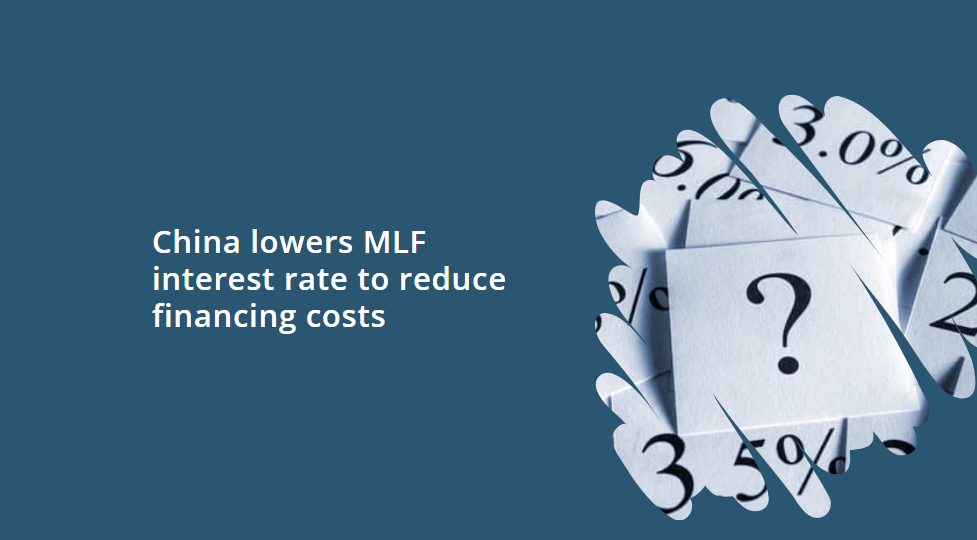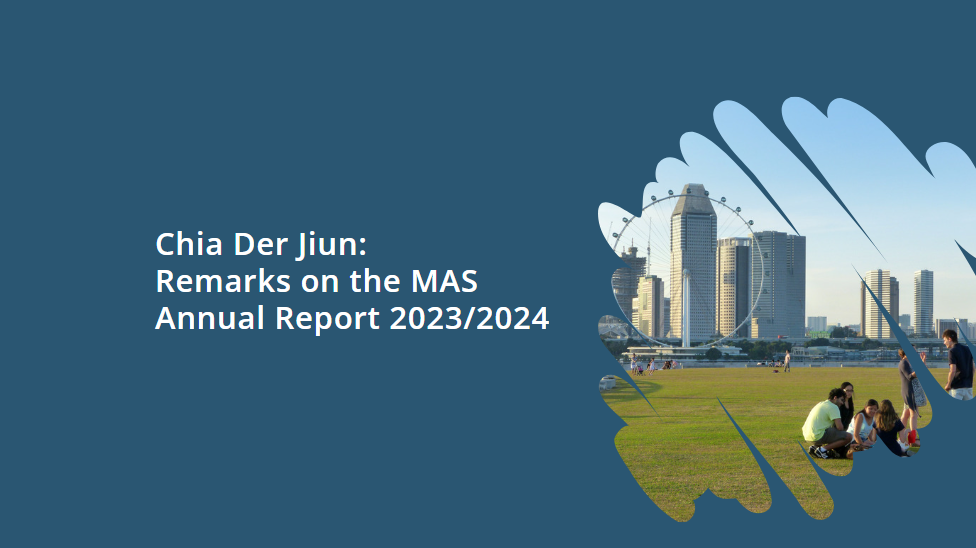China to accelerate building a fiscal system compatible with Chinese modernization
China will deepen reform of the fiscal and tax system and accelerate the building of a fiscal system compatible with Chinese modernization, Finance Minister Lan Fo'an said in an interview with Xinhua.
The reform will focus on three areas: enhancing the budget system, refining the tax system and improving the fiscal relationship between central and local governments, the minister said.
Lan added that China's fiscal strength has significantly increased over the past few years, with fiscal resources more effectively coordinated to support major national strategies and key public welfare initiatives.
Official figures showed that China's fiscal revenue had nearly doubled from 11.7 trillion yuan (1.64 trillion U.S. dollars) in 2012 to 21.7 trillion yuan in 2023. During the same period, fiscal expenditure grew from 12.6 trillion yuan to 27.5 trillion yuan, more than doubling.
The country has synchronized taxation system reform with tax and fee cuts to ease the financial burden on businesses. Greater support were extended to technological innovation, small and medium-sized enterprises, and manufacturing firms, said the minister.
Innovative measures, such as issuing special treasury bonds and local government special-purpose bonds, have been adopted to boost domestic demand, address shortcomings, strengthen weak links, mitigate risks and foster sustainable economic growth, he added.
Transfer payments from the central government to local governments rose by 125 percent from 4.5 trillion yuan in 2012 to 10.2 trillion yuan in 2024, vigorously promoting regional coordinated development and the equalization of basic public services, according to Lan.
Noting that the just-concluded third plenum of the 20th Central Committee of the Communist Party of China has outlined plans for advancing fiscal and tax reforms, Lan also provided more details.
To improve the budget system, Lan said China aims to strengthen the coordination of fiscal resources on the revenue side and advance zero-based budgeting reforms on the expenditure side -- ensuring funds are effectively used for critical development and urgent public needs.
China plans to optimize the tax system to promote high-quality development, social fairness, and the building of a unified market. Efforts will be made to adapt the tax systems to new business models, refine the system of direct taxes and improve the personal income tax system, according to Lan.
China will work to refine the fiscal relationship between the central and local governments, placing more fiscal resources at the disposal of local governments to strengthen incentives, the minister said.
In this regard, Lan said China will move the collection points of excise tax further down the production-to-consumption chain and gradually pass collection power to local governments. China will also improve the value-added tax credit refund policy and optimize the ratio for taxes shared between the central and local governments.
To better manage debts, China will expand the scope of use for special-purpose bonds, increasing their use as capital, and establish a comprehensive monitoring system to prevent and defuse the risks of hidden debt risks, Lan said.






















































First, please LoginComment After ~